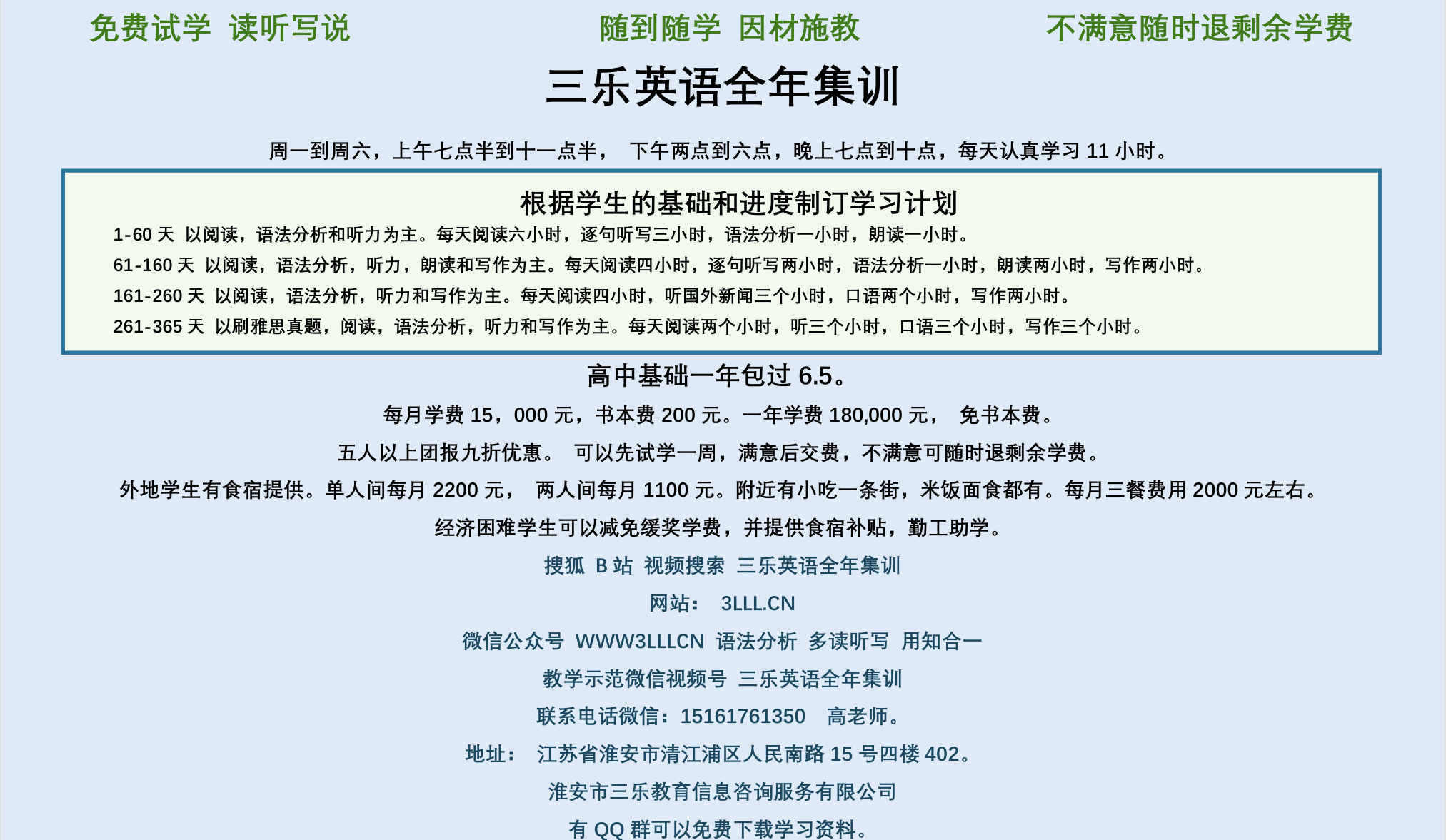🗣 SL提问: ai infrastructure
✍️ Ai批改: AI infrastructure refers to the underlying systems, frameworks, and technologies that support the development, deployment, and operation of artificial intelligence (AI) and machine learning (ML) applications、Here are some key components of AI infrastructure:
1、Hardware Infrastructure: This includes the physical components that support AI workloads, such as:
* High-performance computing (HPC) clusters
* Graphics processing units (GPUs)
* Tensor processing units (TPUs)
* Field-programmable gate arrays (FPGAs)
* Application-specific integrated circuits (ASICs)
2、Cloud Infrastructure: Cloud providers offer a range of services that support AI infrastructure, including:
* Cloud computing platforms (e.g., AWS, Azure, Google Cloud)
* Containerization (e.g., Docker)
* Orchestration tools (e.g., Kubernetes)
* Serverless computing (e.g., AWS Lambda)
3、Data Infrastructure: AI applications rely heavily on data, so a robust data infrastructure is essential, including:
* Data storage (e.g., databases, data lakes, object storage)
* Data processing (e.g., Apache Spark, Apache Beam)
* Data governance and management tools
4、Software Frameworks: Popular AI software frameworks include:
* TensorFlow
* PyTorch
* Keras
* Scikit-learn
* Apache MXNet
5、Machine Learning Operations (MLOps): MLOps tools help manage the end-to-end machine learning lifecycle, including:
* Model development and training
* Model deployment and serving
* Model monitoring and maintenance
* Tools like MLflow, TensorFlow Extended, and AWS SageMaker
6、Specialized AI Chips: Custom-built chips designed specifically for AI workloads, such as:
* Google's Tensor Processing Units (TPUs)
* NVIDIA's Tensor Cores
* Intel's Nervana Neural Stick
7、Networking and Storage: High-speed networking and storage solutions are crucial for AI infrastructure, including:
* High-performance networking (e.g., InfiniBand, RoCE)
* Distributed storage systems (e.g., Ceph, Gluster)
8、Security and Compliance: AI infrastructure must ensure the security and integrity of sensitive data, including:
* Data encryption
* Access control and authentication
* Compliance with regulations like GDPR and HIPAA
The goal of AI infrastructure is to provide a scalable, efficient, and reliable foundation for developing, deploying, and managing AI applications.
Key Trends in AI Infrastructure:
1、Increased Adoption of Cloud-Native AI: More organizations are moving their AI workloads to the cloud to take advantage of scalability, flexibility, and cost-effectiveness.
2、Rise of Edge AI: With the proliferation of IoT devices, there is a growing need for AI infrastructure at the edge, where data is generated and processed in real-time.
3、Growing Demand for Specialized AI Chips: As AI workloads become more complex, there is a growing need for custom-built chips designed specifically for AI tasks.
4、MLOps Adoption: As AI becomes more pervasive, MLOps is becoming increasingly important for managing the machine learning lifecycle.
Challenges in AI Infrastructure:
1、Scalability and Performance: AI workloads require significant computational resources, which can be challenging to scale and optimize.
2、Data Quality and Management: AI applications rely heavily on high-quality data, which can be difficult to manage and maintain.
3、Security and Compliance: AI infrastructure must ensure the security and integrity of sensitive data, which can be a significant challenge.
4、Talent and Skills: Building and maintaining AI infrastructure requires specialized skills and expertise, which can be difficult to find and retain.
0
IP地址: 175.239.161.89
搜索次数: 208
提问时间: 2025-04-12 17:01:56
❓️ 热门提问:
黄金今天的金价国际金价
揭阳珠宝玉石检测中心
黄金饰品公司排行
长春哪里能检测黄金的纯度
广西珠宝鉴定中心
域名购买网址
定制金银戒指
555
隽思集团
古风ai绘画动漫
豌豆Ai站群搜索引擎系统
🤝 关于我们:
三乐Ai
作文批改
英语分析
在线翻译
拍照识图
Ai提问
英语培训
本站流量
联系我们

🔗 友情链接:
站搜
サーチエンジンツール
ai提问
📢 温馨提示:本站所有问答由Ai自动创作,内容仅供参考,若有误差请用“联系”里面信息通知我们人工修改或删除。
👉 技术支持:本站由豌豆Ai提供技术支持,使用的最新版:《豌豆Ai站群搜索引擎系统 V.25.05.20》搭建本站。

















